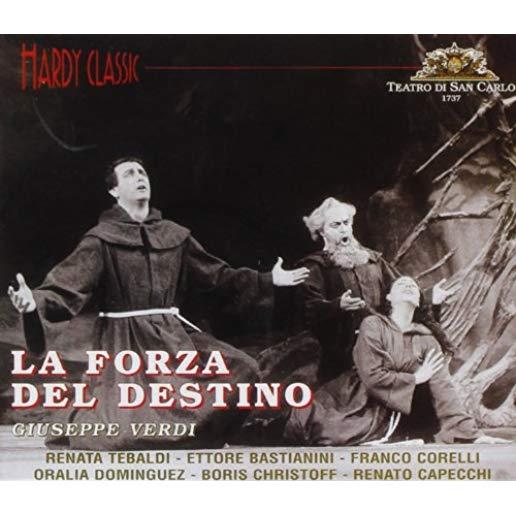
Marino, Joseph G. G.
The Shroud of Turin is the most studied artifact in human history. If science can prove the Shroud to be the authentic burial cloth of Jesus, the spiritual, psychological, and societal consequences would be unthinkably profound. In 1978, an investigation by a group of elite scientists known as Shroud of Turin Research Project (STURP) pointed toward authenticity. STURP, composed mostly of U.S. scientists who worked in the country's nuclear and space programs, concluded that the image NOT the product of an artist. Additional research since that time has also been predominantly pro-authenticity. But only one test claims otherwise-the carbon date performed in 1988, whose results were announced as AD 1260-1390-a test that has since been proven questionable on multiple levels. Most people are unaware that C-14 is normally only a confirmatory test and does not outweigh the accumulation of other evidence.
So how did one test deceive the world about the most important relic in human history?
Joseph G. Marino is one of the world's leading scholars in the study of the Shroud; he has researched, lectured, written, appeared on various radio and TV programs, and has presented at multiple international conferences. During the more than forty years that Marino has studied the Shroud, he has gained access to many rare documents concerning the events surrounding the carbon dating of the Shroud in 1988. He has spent countless hours for over thirty years researching and compiling the relevant data pertaining to the test. His latest book, The 1988 Dating Of The Shroud of Turin: A Stunning Exposé, is an explosive revelation about the largely-unknown and disturbing politics, backstabbing, personal agendas, egoism, and incompetence of not only the carbon-14 team members but even the Catholic Church as well.
It is one of the most important books on the Shroud of Turin ever written. It is an invaluable resource for all researchers on the topic and will be consulted for many years to come.
member goods
listens & views

FORZA DEL DESTINO
by VERDI / TEBALDI / CORELLI / BASTIANINI / PRADELLI
COMPACT DISCout of stock
$32.49






